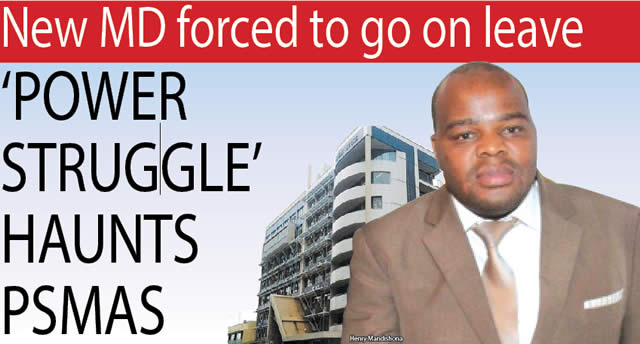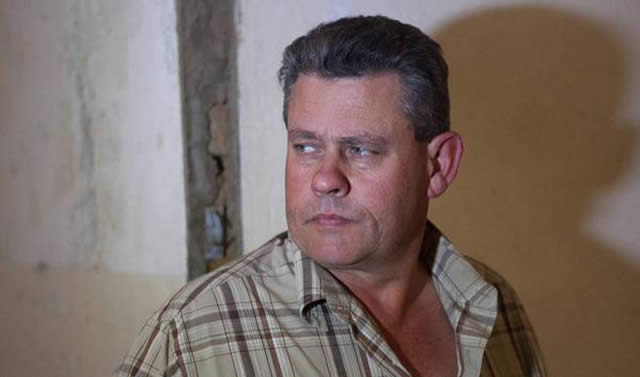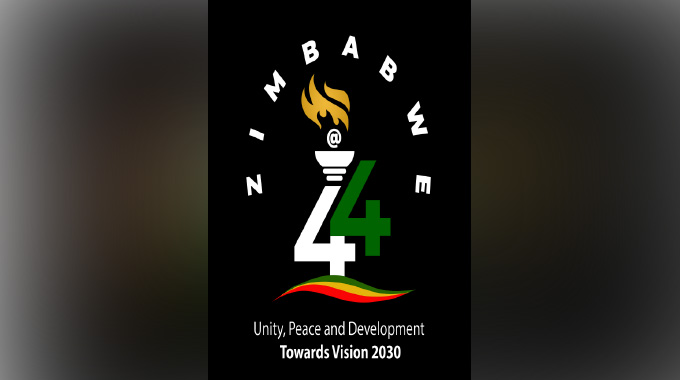Zim to fight sale of SA property
Clemence Manyukwe News Editor
ZIMBABWE is set to fight yesterday’s auctioning of its property in Cape Town, South Africa after it emerged that the sale went ahead despite the government having settled money owed to lawyers who represented former white farmers opposed to the country’s land reform programme. The country’s Ambassador to South Africa, Isaac Moyo, last night told The Chronicle that Zimbabwe paid about R840,000 on Saturday and supplied the white farmers’ lawyers with bank documentation that the payment for legal costs only was validated for yesterday. He said the lawyers acted in bad faith and proceeded with the auction, with the property fetching R3,7 million.
Ambassador Moyo said the payment Zimbabwe made was in relation to cost orders of South Africa’s High Court‚ Supreme Court of Appeal and Constitutional Court following cases brought by the white farmers before the now disbanded Sadc Tribunal Court. He said the lawyers acted in bad faith and there was an element of deceit in their actions.
“I can vouch that we had paid. The auctioning of the property was baseless. They acted in bad faith. I think there was an element of deceit that led them to disregard that we had paid,” said Ambassador Moyo. “Our Consular General in Cape Town was there when they were auctioning it. They auctioned it from the street, they did not go inside. It was a street auction.”
Ambassador Moyo said the government was consulting its lawyers on the next course of action. South African media reports quoted Afrikaner organisation Afriforum’s legal representative Willie Spies as saying three other Zimbabwean properties they had targeted were declared to be covered by diplomatic immunity, while the Cape Town house had been rented out commercially and was therefore liable to seizure.
He said it was unlikely that the farmers would see any of the cash, which would mainly go to cover court costs. “After a five-year legal battle‚ a property belonging to the Zimbabwe government‚ number 28 Salisbury Road‚ Kenilworth‚ Cape Town‚ will be auctioned because the Zimbabwe government failed to honour cost orders of South Africa’s High Court‚ Supreme Court of Appeal and the Constitutional Court‚” Spies said.
Before Sadc’s decision to disband the tribunal, Zimbabwe had insisted that the court had no legal standing and the country would not be bound by its decisions as its constitution had not been ratified by at least two-thirds of Sadc countries in line with requirements of the rules and procedures governing the regional grouping.











Comments